Uncategorized
Unveiling ‘The Breakfast House’

Nestling in a neat and tidy British looking area of Defence, the simple yet imposing Reserve Hotel soft launched ‘The Breakfast House’, an exclusive 24-hour dining, dedicated to gourmet breakfast lovers, recently. The event took place in an elegant setting and welcomed an esteemed guest list comprising celebrities from all walks of life,. The lively atmosphere was further enhanced by live music and topical conversations.
The extensive menu breakfast offerings are available round the clock, redefining the breakfast culture in Karachi. Guests at the soft launch indulged in a curated selection of dishes featuring international classics and locally inspired flavours, all prepared by The Reserve Hotel’s team of chefs. Speaking on the occasion, Waquas Haider, owner of the hotel, shared: “We are thrilled to introduce The Breakfast House as Karachi’s first-ever 24-hour breakfast destination, providing a refined and cozy space where breakfast delights are available at anytime of the day.” From coffees to gourmet pancakes, omelette to French toasts, the menu offers something for every palate. The official grand opening of The Breakfast House is to follow soon.
Uncategorized
Opening Vistas for the Youth
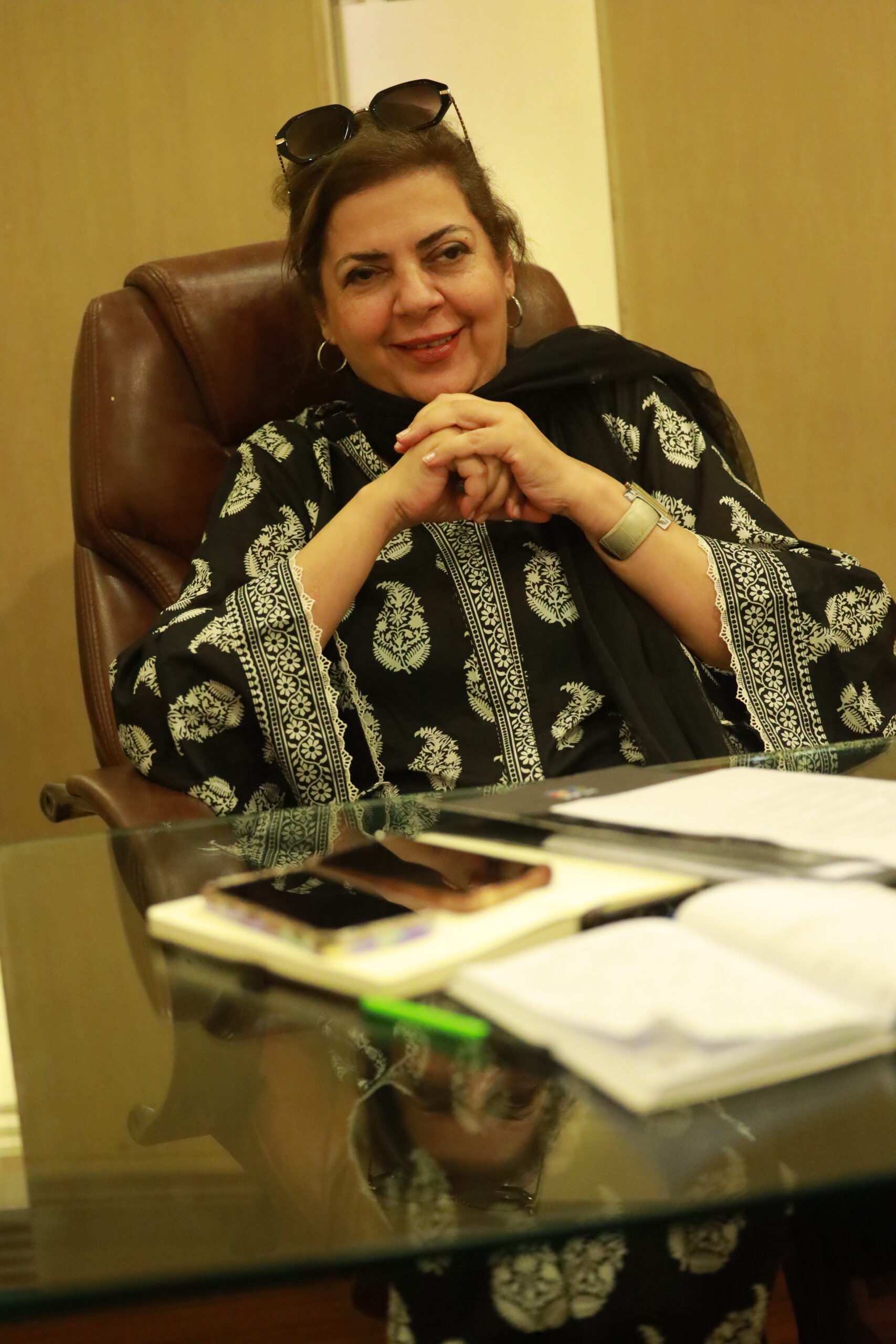
An Interview with Misbah Khalid on the Evolution and Vision of PIFF
Misbah Khalid, one of the driving forces behind the Pakistan International Film Festival (PIFF), shares its background, challenges and hopes for Pakistan’s film industry. Since its launch in 2018, PIFF has grown as a vital platform for young filmmakers, aiming to elevate Pakistani cinema on the global stage. This interview highlights PIFF’s mission, achievements, hurdles and future ambitions. Recently, PIFF held it’s four day festival from 19th June.
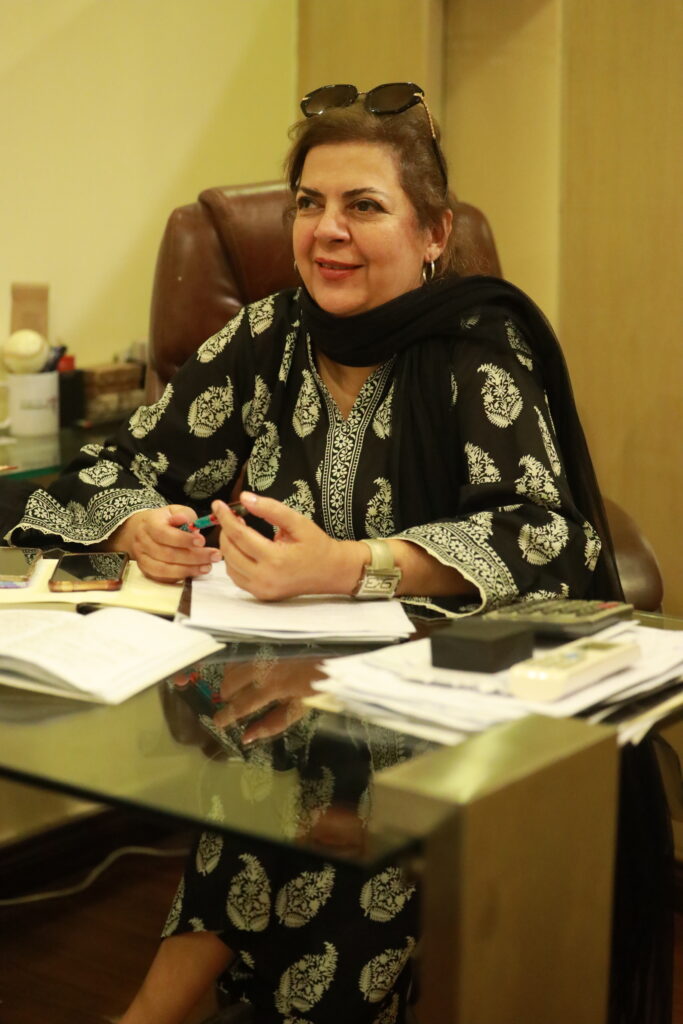
How has PIFF evolved since its inception and what is the main focus of PIFF?
Pakistan International Film Festival (PIFF) is a project of the Karachi Film Society (KFS), which was founded in 2018. It is the brainchild of Sultana Siddiqui, and our goal from the very beginning was to create a platform for young people where they could showcase their talent and find real opportunities in the film world.
Our first festival in 2018 was a huge success. We had an incredible lineup of guests from India — directors, producers, and writers — as well as participants from the US, France and Iran. It was a truly international gathering. We screened a wide range of films and received a very positive response.
We also organized workshops and panel discussions that brought professionals and aspiring filmmakers together. For example we invited renowned Indian screenwriter Ashwini Malik for a scriptwriting workshop. We also brought in special effects makeup artists from Turkey — and invited Pakistani makeup professionals to come and learn the craft firsthand. One of our main goals is to bridge the gap between young creative industry professionals and masters of their craft. We want our local talent to receive the same level of training and exposure as professionals internationally.
What have been some of the biggest challenges you’ve faced in running a festival of this scale?
There are persistent visa issues and security concerns, making international guests hesitant to travel here. That way films are powerful — they can reshape perceptions. We need to show the world that Pakistan is a beautiful place with rich culture, despite its challenges. I remember a group from the U.S. once visited us to explore filming opportunities. When we took them around to Lahore’s food street, the historic havelis and the stunning North — they absolutely fell in love. That’s the kind of image we want PIFF to project.
How do you see PIFF contributing to the growth of Pakistan’s film industry both locally and globally?
PIFF plays a vital role in developing filmmakers. We’re not just showcasing films — we’re working at the grassroots level on scriptwriting, makeup, budgeting, and all departments that go into film production. Our goal is to provide a platform where young people can learn and eventually begin making their own films.
When we send participants for training or bring in expert trainers to work with them, it sparks creativity. This field thrives on inspiration, and when young filmmakers interact with seasoned professionals, it opens up new ways of thinking.
We’re fortunate to have names like Mehreen Jabbar, Sarmad Khoosat, Javed Jabbar and Sharmeen Obaid-Chinoy on our board — incredibly talented people who serve as mentors to the younger generation. That creates a huge scope for learning and growth.
What kind of support do you think is still missing for film festivals in Pakistan to truly flourish?
The biggest missing piece is government support — especially funding. It’s easy to dream big, but making those dreams a reality takes money. Organizing a festival, bringing people in, setting everything up — it all comes with costs.
So far, we’ve done what we could with a group of passionate, like-minded people. But without consistent financial backing from the government, there’s only so much we can do. There are many challenges, and I really believe the government needs to step up — not just with funds, but also with moral and structural support.
Film festivals like PIFF help put Pakistan on the global map. They also create crucial platforms for young talent to learn, grow, and move forward in their careers. For that to happen on a larger scale, we need sustained investment.
What’s your vision for PIFF in the next five years? Any new initiatives or directions you’re excited about?
My vision for PIFF is for it to one day celebrate 75 incredible years — that’s how long I want it to thrive and grow. When I went to the Berlin Film Festival early this year, I saw everything they had built over the years, and honestly, it opened my eyes. It made me realize what’s possible, even though we don’t have that kind of budget or support yet.
I also want to see our filmmakers and our stories showcased globally. Right now, we don’t have a strong footprint on the international circuit. A few passionate, dedicated individuals have taken it upon themselves to create films and get them into festivals, but we need more people to step up.
What advice would you give to aspiring festival organizers or filmmakers in Pakistan?
Dream. Dream big and keep your goals high. Stay positive and never give up. When you bring an idea forward, many people might say it’s impossible — that it can’t happen. But believe me, whatever you carry in your heart, you can achieve it.
Universities, colleges, and the government should come together to nurture young talent. Train them properly, send them abroad if needed, but with one condition: when you train, you must produce films that can succeed globally. I firmly believe Pakistan’s films will soon be featured in every major film festival — winning awards, telling our stories and showing the world who we really are.
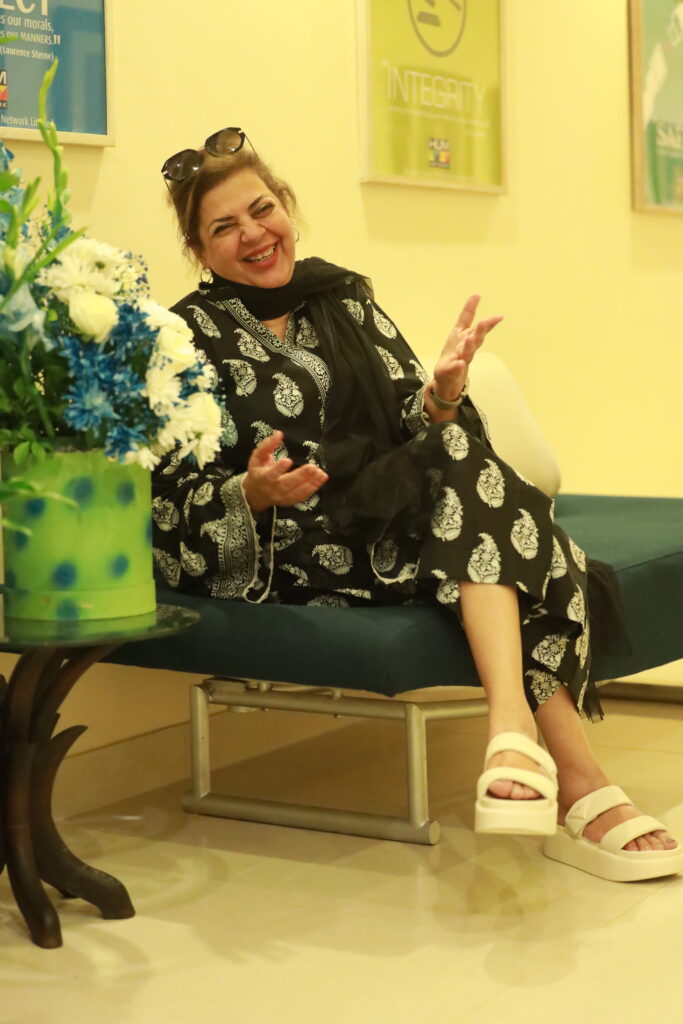
Business
A Roadmap to Pakistan’s Economic Revival
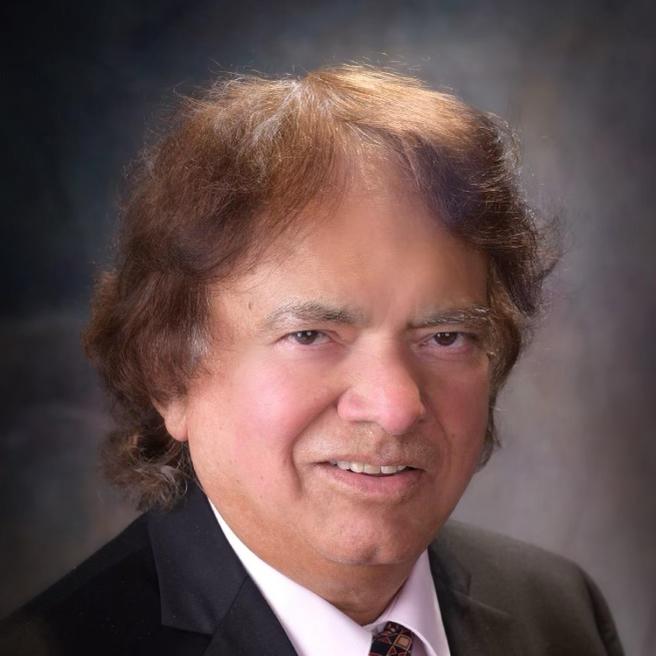
In a country where conversations around economic reform often circle the same tired points, Super Pakistan emerges as a breath of fresh air—an unapologetically bold and visionary roadmap to economic revival. Packed with unconventional proposals and untapped possibilities, this book presents ideas that have never been discussed in Pakistan’s 75-year history. From Astro-tourism to futuristic universities, renaming cities to reimagining tax reforms, author Ilyas M. Zeeshan paints a compelling picture of what Pakistan could become: the 15th largest economy in the world within just five years, if a V-shaped economic growth model is adopted.
Mr. Zeeshan’s insights are anything but theoretical. Born and raised in Karachi, he earned his master’s in International Relations from Roosevelt University, Chicago in 1980, and later pursued an MBA from the same institution. He is a seasoned businessman, inventor and author of five books—including work on President Donald Trump—and has appeared on various radio and television platforms in the United States. With firsthand experience across several dozen countries, Mr. Zeeshan brings a unique global lens to Pakistan’s challenges and opportunities. Currently based in the suburbs of Washington, DC, he joins us for an exclusive conversation with Glam Magazine to share his transformative vision for a Super Pakistan.
- “Super Pakistan” is a bold title. What inspired you to write this book, and what is your vision of ‘super’ Pakistan?
“Super Pakistan” refers to the idea that a country’s economic size should match its population ranking. Pakistan is the fifth most populous country in the world. If and when its economy rises to the same level, it will justifiably be known as Super Pakistan. If we follow the roadmap in the book—and assuming there’s no major war or natural disaster—Pakistan can reach a one trillion dollar economy in five years and become the 15th largest economy in 10 years. Within a generation, it could be the 5th largest economy globally.
- Your book suggests enterprising ideas to boost Pakistan’s economy. Which one do you believe has the most realistic potential in the next five years?
First and foremost, we must drastically reduce unemployment. The way to do that is by teaching people to become entrepreneurs. The old model of going to school for sixteen years to earn above-average income is fading. Now, with the internet and YouTube, one can become productive in less than 16 months. I have explained this in Chapter Five: Triangle of Full Employment. I have even listed the top 20 skills that can be learned in less than a year. If someone knows English, they can be hired in Europe and beyond as independent service providers, working comfortably from home.
- As someone who explores ideas, how do you see the role of creativity and innovation in transforming a nation’s economy?
Innovation has no boundaries. Every product—tangible or intangible—can be improved. That’s the essence of Chapter Four: Innovation Nation. Anyone can learn to innovate. Age, background, or education doesn’t matter. I describe simple, actionable steps in the book. Even low-level innovation can help people build a niche, a competitive edge and dominate markets.
- You’ve proposed several fascinating ideas. Can you share some of the standout ones, which can help boost Pakistan’s economy?
Yes, I’ve suggested more than two dozen new ideas. Let’s explore a few:
Astro-Tourism: A new form of tourism that hasn’t been tapped. We don’t need advanced space programmes to participate. We can plan trips 30 kilometers above Earth near the Karman Line, where tourists could experience weightlessness for a few hours. It’s realistic, exciting, and can generate significant revenue. Europe, Russia, and China are selling their advance space travel trips for millions of dollars.
Super University: A world-class institution where Nobel Prize winners are visiting professors. It would teach futuristic subjects like nanotechnology, genomics, and cybersecurity—fields that will soon be as in-demand as AI. This would attract the children of millionaires and billionaires worldwide.
Reunification with Bangladesh: Politically bold, yes. But dialogue could start based on the Six Points of Sheikh Mujibur Rahman. Pakistan could offer a nuclear umbrella for Bangladesh’s security as a basis for discussions.
A Second Name for Pakistan: Countries have changed names to strengthen identity. A second name could boost Pakistan’s soft power, increase nationalism, and even reinforce our claim on the Koh-i-Noor.
Renaming Cities: Giving major cities new names rooted in culture and pride will create nostalgia and increase civic ownership.
Babri Masjid Replica: I propose constructing a replica on the historic route Babur took into the subcontinent. It could become a symbol and boost religious tourism, particularly from Muslim nations.
Redesign of Currency: A beautifully designed new currency note that foreigners would want to keep as a souvenir, showcasing art and pride.
Renaming Parliament Houses: Changing the names of both houses of parliament to Diwan-e-Aam and Diwan-e-Khas—terms deeply rooted in Mughal and South Asian history—would give a uniquely Pakistani imprint.
Q. What about political reforms? How do we ensure stability in governance?
Zeeshan: In Chapter Six, I suggest a framework where every Prime Minister can complete their full term. Stability is key for economic and social progress. I also propose reforms that make political parties disincentivized to incite violence. In Chapter Seven, I discuss a law that ensures violent processions are no longer in their interest. Additionally, I’ve proposed a strategy to make people pay taxes rapidly and willingly. It’s about rebuilding trust and delivering value.
- You hinted at a plan involving overseas Pakistanis and international startups. What’s that about?
I have a detailed and specific plan to launch three startup corporations in the United States with the support of overseas Pakistanis. These ventures involve highly unique concepts—ranging from traditional products to cutting-edge technology. The franchise potential is global, and the revenue could be in the hundreds of billions. The remittances from these companies can be reinvested in Pakistan’s high-tech industries, helping accelerate growth and innovation. While I can’t disclose all details publicly, interested overseas Pakistaniscan contact me directly on email.
Q. One of your closing thoughts in the book is about mindset. What exactly is the “semi-cyborg” mindset?
It’s time Pakistan says goodbye to Semi-Amish thinking—a reference to outdated, overly conservative, or anti-tech mindsets. We must embrace a semi-cyborg mindset: one that integrates tradition with futuristic thinking.
This means being tech-savvy, globally aware, and driven by innovation—a people ready to shape the future rather than be shaped by it.
- Lastly what message would you like to give especially to the young dreamers, thinkers and future change makers of Pakistan?
Pakistan doesn’t lack talent—it lacks direction and bold execution. Super Pakistan is not fiction. It’s a roadmap built with realistic, achievable ideas. If the youth, overseas Pakistanis, and policymakers come together with vision and determination, nothing can stop us from becoming a global powerhouse.
Contact details: [email protected]
Download the free E-book: www.superpakistan.us
A Teen's Lens
Fashion Influencers are Becoming Cultural Ambassadors
Written by Myra Shah
Each province in Pakistan has distinctive fabric heritage, such as the Sindhi ajrak and Punjabi phulkari. Pakistani fashion influencers have blended cultural identity with modern tools to rebrand Pakistan’s global image. Social media is no longer only about entertainment for us, it is also where we learn about culture, identity and trends.
Some examples of famous fashion influencers in Pakistan include, Zain Ahmad the founder of a Pakistani clothing brand ‘Rastah’ that has gained international recognition. Zain’s designs have been worn by famous influencers including Justin Bieber and Anwar Hadid.

Moreover, model Mushk Kaleem, frequently represents Pakistan while walking runways abroad, talking about inclusivity. This made us brown teens who feel left out from the beauty standard, feel seen as she has redefined the “ beauty standard”
These creatives have made Pakistani fashion more accessible to us, younger generations eg. by pairing khussas with jeans. This also attracts international audiences who want to incorporate cultural elements into their fashion style. These steps keep our culture alive, while making it a part of everyday fashion.
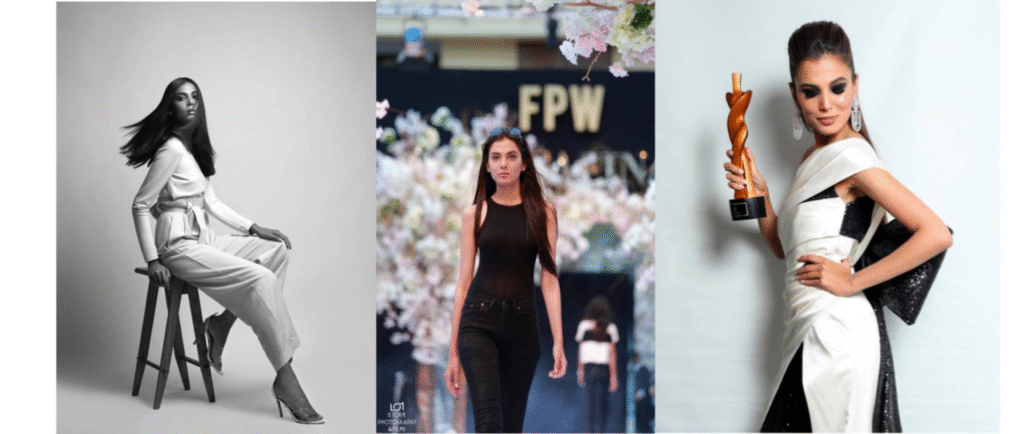
Fashion influencers play a critical role in highlighting the diversity between the different regions of Pakistan, as many feature regional designs in their content, allowing viewers to witness the wide spectrum of Pakistani culture through a single scroll of their social media accounts. This plays a significant role as it was found that 82% of people are highly likely to follow influencer recommendations (Berger, 2016)
Pakistani wedding fashion has gone viral on social media platforms such as Tiktok and Instagram and led to Pakistani designer’s work being featured in bridal magazines as well as representing South Asian culture. Influencers like Sarah Sarosh frequently incorporate Pakistani elements in their content, this demonstrates the influence of our fashion across borders.

Apart from clothing fashion, influencers like Hania Amir have used their reach not only to showcase fashion, but also to promote mental health awareness and body positivity – topics that really matter to us as teens. Fashion influencers elevate Pakistan’s global image and positively affect the economy by highlighting small businesses that contribute to the country’s creative economy.

Furthermore, many influencers are now invited to international fashion weeks and exhibitions, further cementing their status as cultural ambassadors. The power of Pakistani fashion influencers is growing rapidly and this comes with great responsibility. It is essential influencers promote sustainability and ethical practices. Influencers like Anoushay Abbassi’s blend of fashion and advocacy for supporting local artisans makes their influencer role highly crucial.
In today’s day and age, teenagers are growing up in this digital world where perceptions are shaped by information available on the internet, especially social media. Pakistani fashion influencers have become trendsetters, story tellers and identity shapers. Through every post, reel, OOTD (outfit of the day) pictures they are transforming how the world sees Pakistan. Clothing in Pakistan is a powerful expression of national pride, cultural identity and centuries old craftsmanship.
-
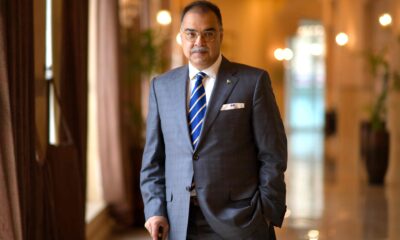
 Business1 month ago
Business1 month agoZafar Masud: A Journey of Survival, Leadership and Purpose in Life
-
A Teen's Lens2 months ago
Fashion Influencers are Becoming Cultural Ambassadors
-
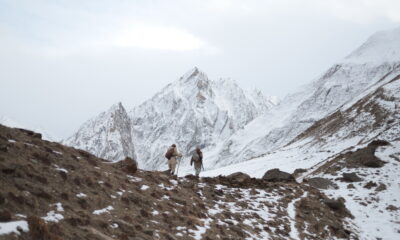
 Entertainment4 weeks ago
Entertainment4 weeks agoHundan: Touching the Core of Humanity
-
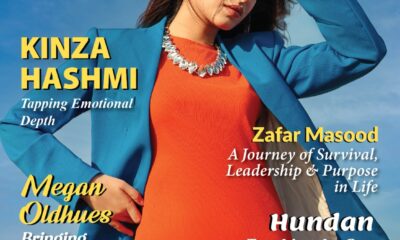
 Cover story1 month ago
Cover story1 month agoKinza Hashmi: Tapping Emotional Depth
-
Bright Side1 month ago
The Bright Side
-
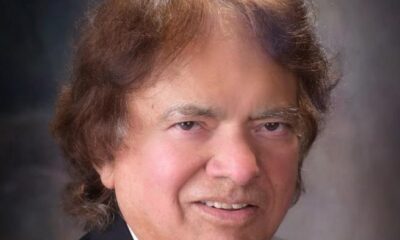
 Business1 month ago
Business1 month agoA Roadmap to Pakistan’s Economic Revival
-
Ramp Act1 month ago
Ramp Act
-

 Travel1 month ago
Travel1 month agoRevisiting Karachi’s Interesting Places




